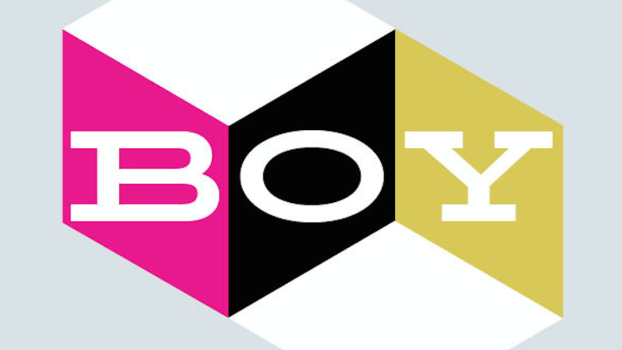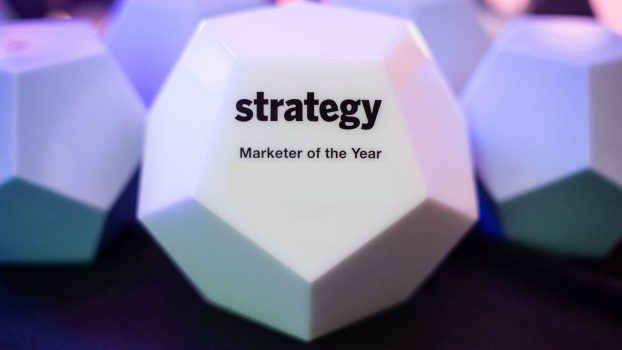 In this series, we ask top industry execs and marketers across the country about their biggest fears and concerns. What is giving top marketers fitful sleeps? This week, we caught up with Matt Kohler, managing director at McCain Canada. Kohler serves as the commercial leader for the Canadian retail business, with full P&L accountability, as well as direct oversight of marketing and sales teams.
In this series, we ask top industry execs and marketers across the country about their biggest fears and concerns. What is giving top marketers fitful sleeps? This week, we caught up with Matt Kohler, managing director at McCain Canada. Kohler serves as the commercial leader for the Canadian retail business, with full P&L accountability, as well as direct oversight of marketing and sales teams.
What’s keeping you up at night?
I am very fortunate to work for McCain, which is a family health company. It’s a values led company. So that helps me sleep pretty well at night. For me, the biggest question I’m trying to answer is, how do you make an emotional connection with consumers in a world that’s increasingly fragmented? They’re busy. They have shorter attention spans. They’re bombarded with messages from everywhere, and the standard unit length now is 15 seconds or six seconds. So for me, like, how can you possibly make a meaningful connection with a consumer in six seconds? So we made a decision last year to make a few big bets that we thought were going to have high and higher impact.
One example of that is the McCain happy Friday’s Café, which ended up being a huge success. But we tried to ask some bigger level questions, some more engaging questions. The inspiration for the café was, what if Willy Wonka designed the French fry shop – that was was literally the agency brief. What would it look like? What would be on the menu? How could you engage people when they were inside? And the final result was outstanding. We had a line out the door for nearly four weeks. We got millions of earned impressions because people wanted to share the experience organically. We even had [Toronto] Mayor [Olivia] Chow stop by because she wanted to see what all the fuss was about.
But [we’re] trying to pivot away from those efficient media spends. They’ll get you lots of reach, at an efficient cost, but they won’t get you much in terms of consumer engagement. So that’s the biggest thing that’s keeping me up at night.
To what extent are you investing a little more on the XM side, or possibly more on retail media?
You have to buy your media efficiently. You really don’t have a choice, and you want to make sure that you’re getting an ROI on your media, but if you just chase media efficiency, you’re not going to really drive that brand engagement. There are certain things that you’re going to have to do that will drive media effectiveness. So yes, we have made a few big bets on what we think are more effective, maybe a little bit less efficient, pillars in our marketing plan. The happy Fridays Café is one example of that. Our partnership with the Blue Jays is another example.
The other thing I would say is on your question about retailer media. I think the promise of retailer media is outstanding. I think particularly for CPG, because typically, most CPGs are not direct-to-consumer, so we sell through retailers. It’s very difficult to tie this marketing dollar to that individual purchase, but retail and media lets you do that, so you can actually see if this dollar drove that consumer, and you can optimize that way so your ability to more effectively measure ROI is outstanding. You just have to make sure that the economics are right.
Speaking of big bets, to what extent has AI played a role in how your team is structured and how you execute innovations or campaigns?
We’ve only begun to scratch the surface of what AI is capable of. I think that everyone knows that the world is going to change, but no one really knows exactly how. For me, like most emerging technologies, scale is going to be important. The challenge for most Canadian marketers is that their marketing department lacks scale to be able to fully leverage it. This is something that worries me. It used to be you had to worry about the high cost of advertising production. Then it moved to the high cost of big data. But AI is on a totally different level. It’s going to require significant investments in manpower and technology, so I’m thinking that most Canadian marketers are either going to rely on outside agencies, or they’re going to rely on a centralized capability in the headquarters, because to build and fully leverage AI just locally in the Canadian market, I think will be more challenging.
And candidly, I think that the effects of AI [in that] organizations have limited budgets; they’re going to deploy their AI resources against the highest ROI in the beginning. AI is going to be felt more in other functions, first things like demand, planning, logistics, trade, spend. I think it’ll go there before it comes to marketing in a meaningful way. But we’re going to have to move fast. The ones that embrace AI are going to be the ones that win. But I will say I feel like generative AI images have pretty significantly improved. The quality of agency decks like the images are amazing.
What has been the biggest sea-change that you’ve seen in the frozen section in the past two years?
The frozen aisle has seen more change in the last two years than it did in the previous 15 years. Supply chain disruptions, tight capacity and inflation caused a tectonic shift, as brands completely exited the Canadian market. McCain responded quickly, launching two new brands: TAST!EZ appetizers, and Strong Roots, a plant-forward company that we acquired earlier this year.
But broadly speaking, I worry about what these changes mean for manufacturing in Canada. Having resilient supply chains is important for the broader economy. McCain is Canadian-based, so having a manufacturing base here is very important to the company. We are opening a new plant in Coaldale, Alberta, in 2025, a $650M investment that will create jobs, support farmers and build economic security in the region. I hope other companies will follow suit.
Finally, how will you take your ESG messaging forward?
Regenerative agriculture is the biggest pillar for us. McCain is a global leader in regenerative agriculture, it’s going to change the way that food is grown. We’ve made a very public commitment that by the year 2030, 100% of our potato acreage is going to be made using regenerative agriculture practices. And climate change is putting a tremendous amount of pressure on farmers.
McCain was founded by sons of a potato farmer. So this is very important to them in terms of maintaining farm resilience, supporting growers in Canada. So as you think about what the benefits of regenerative agriculture are, it’s going to help us to armor soils. It’s going to help us increase crop resilience, increase biodiversity, reduce our dependence on chemical fertilizers. And so the benefits of regenerative agriculture are exciting, but it’s very, very challenging to transition to a new way of growing across the country.
McCain actually created three farms of the future, which are farms that are designed to use regenerative agriculture practices. They are open book, so growers can stop by and see how the farm is doing. They can see the health of the soil. They can see the practices that are being implemented. They can even see the financials of the farm to understand, how is this going to affect me and my livelihood? How is this going to affect the resilience of my farm? I think it would be a very interesting thing to talk about, and it’s very tangible to see how the farmer’s future actually brings this to life.























